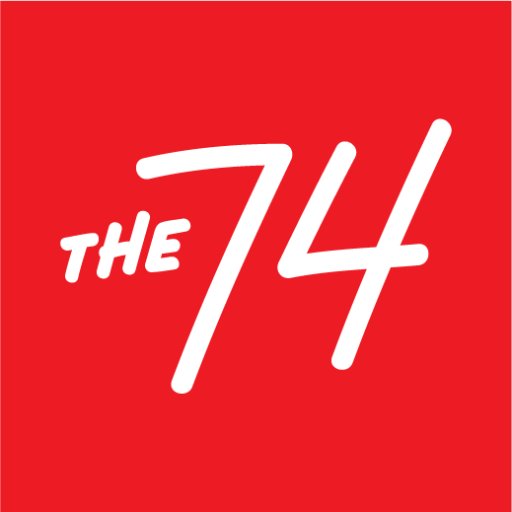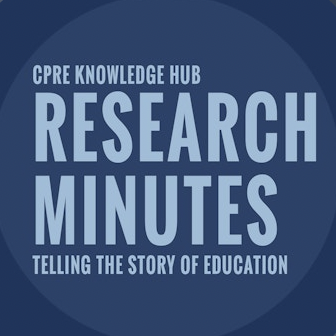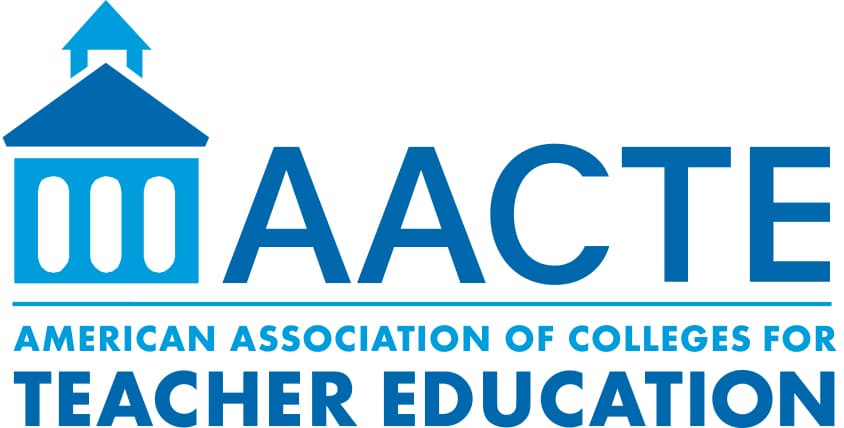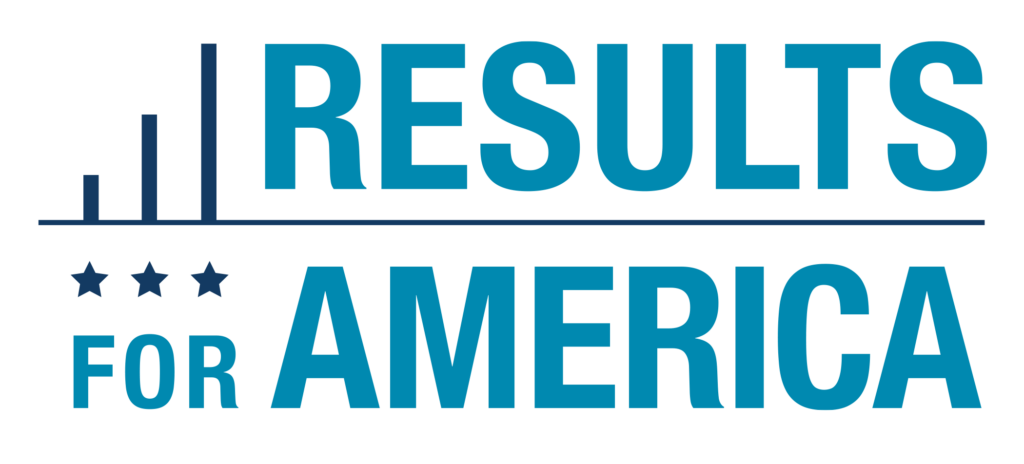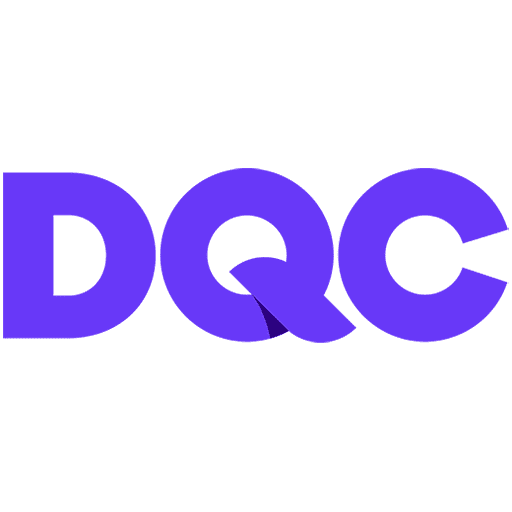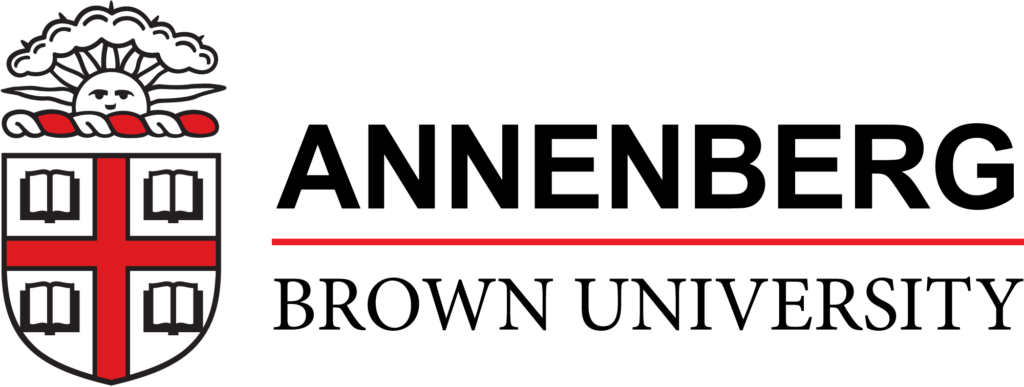- EdResearchForAction
- EdWorkingPapers
- EdInstruments
Author: deaon
-
Teachers, Live Screen Time Is Precious. Use It Well
In the current pandemic reality, educators can improve learning, we believe, by finding better ways to use and structure students’ work time. That’s true whether learning is fully remote via computers, phones, or packets or whether it includes in-person instruction.
-
Students Lost Time and Learning in the Pandemic. What ‘Acceleration’ Can Do to Help
The past decades of often frantic “school reform” has yielded few turnaround models that have shown positive effects for students. Often, in addition to lackluster results, they’ve left a lot of detritus in their wake: overpaid consultants, demoralized teachers, and a fragmented community.
-
High-Dosage Tutoring Is Effective, But Expensive. Ideas for Making It Work
One-on-one tutoring is the original “personalized learning,” dating back centuries. Along with the Socratic seminar, it may be among the oldest pedagogies still in existence. And as it turns out, it is probably the single most powerful strategy for responding to learning loss.
-
Individualize Instruction, Remove Barriers, Track Student Progress: Some Tips for Making Distance-Learning Special Ed Work
“Can you give an example of an online lesson that’s effective for students with disabilities?” That’s the question Elizabeth Barker has fielded over and over as schools have prepared to reopen. But it’s the one question that Barker, a special education expert with NWEA, a nonprofit data and assessment provider, can’t answer.
-
Research-Backed Strategies to Address Student Learning Loss
Following a chaotic spring semester and extended school closures brought on by the COVID-19 pandemic, many students will require additional academic support as instruction resumes this fall. A new policy brief, coauthored by the University of Chicago Consortium on School Research‘s Elaine Allensworth and the Annenberg Institute‘s Nate Schwartz, offers some research-backed strategies for schools attempting to address student learning loss in the months ahead.
-
Centering Teaching and Learning in Plans to Educate Students With Disabilities This Fall
Questions of health and safety of students and school personnel have dominated summer debates about how to open schools this fall. The collective focus on safety is certainly appropriate, considering concerns voiced by parents and educators. In most all cases, states have asked school districts to prepare for multiple possible scenarios, ranging from fully in-person to fully virtual.
-
From the Kitchen Tables of Jenn and Paige: What We’re Watching, Week of July 13
As we all try to understand our rapidly evolving education environment during the COVID-19 crisis and the uncertainty that surrounds it, the Data Quality Campaign is working to elevate what’s happening – whether it’s concrete examples of what’s working in states and districts, ideas and proposals from the field, or things our organization and others are exploring. To accomplish this, we’re bringing you our thoughts on the most salient conversations happening in the last week on navigating education during the pandemic and future recovery efforts.
-
Schwartz & Kerr: To Help Guide Decisions About COVID, Schools and Students, Researchers Are Compiling Decades of Data in Easy-to-Read Briefs. Here’s Some of What They’ve Found
In recent months, as schools nationwide scrambled to respond to the challenges posed by COVID-19, state and local education leaders have reached out to ask us: What does research say about how to prevent learning loss? About how to prepare teachers for distance learning? About how to address the mental health and other needs of students and educators during a crisis? About how to reduce the impact of budget cuts?
-
Annenberg Institute to provide research-based advice for educators amid COVID-19
Project led by the Annenberg Institute and Results for America will equip educators with research briefs on addressing teaching challenges, from coping with learning loss to protecting the most vulnerable students.

